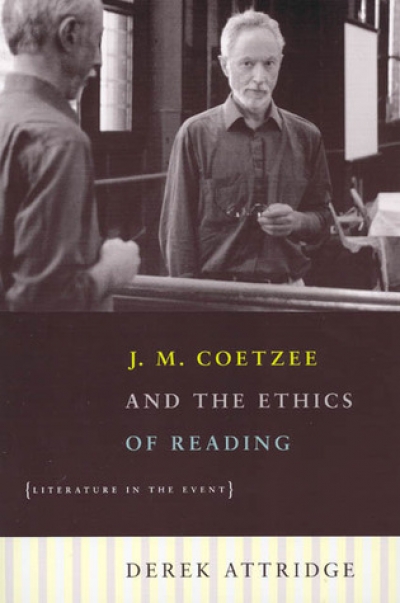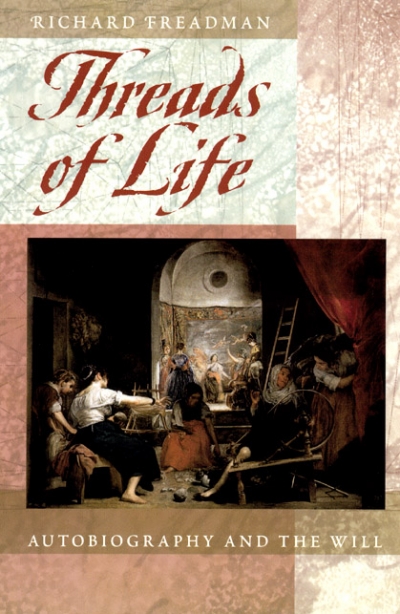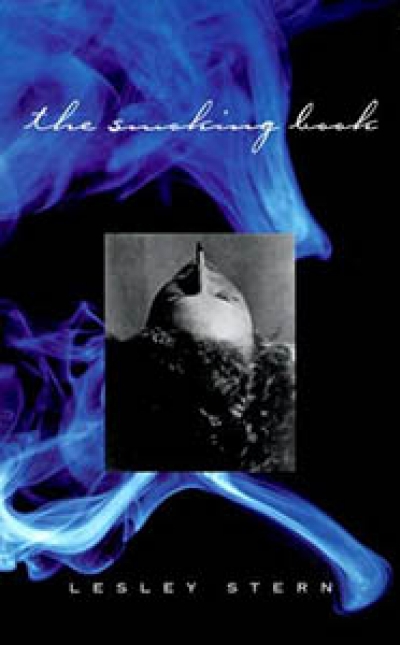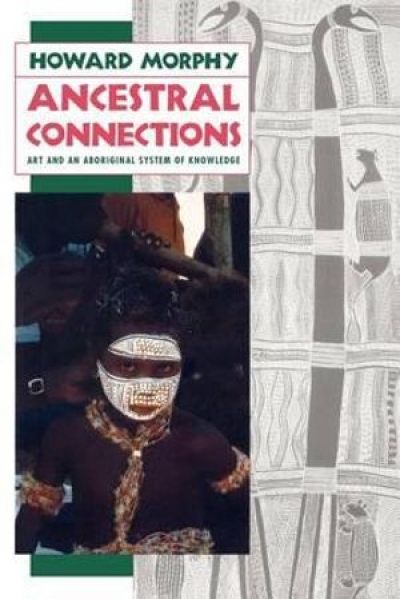University of Chicago Press
Google and the Myth of Universal Knowledge by Jean-Noël Jeanneney (trans. Teresa Lavender Fagan)
by Colin Nettelbeck •
J.M. Coetzee And The Ethics Of Reading: Literature in the event by Derek Attridge
by Sue Thomas •
Threads of Life: Autobiography and the will by Richard Freadman
by David McCooey •
Ancestral Connections: Art and an Aboriginal system of knowledge by Howard Morphy
by Tim Rowse •




